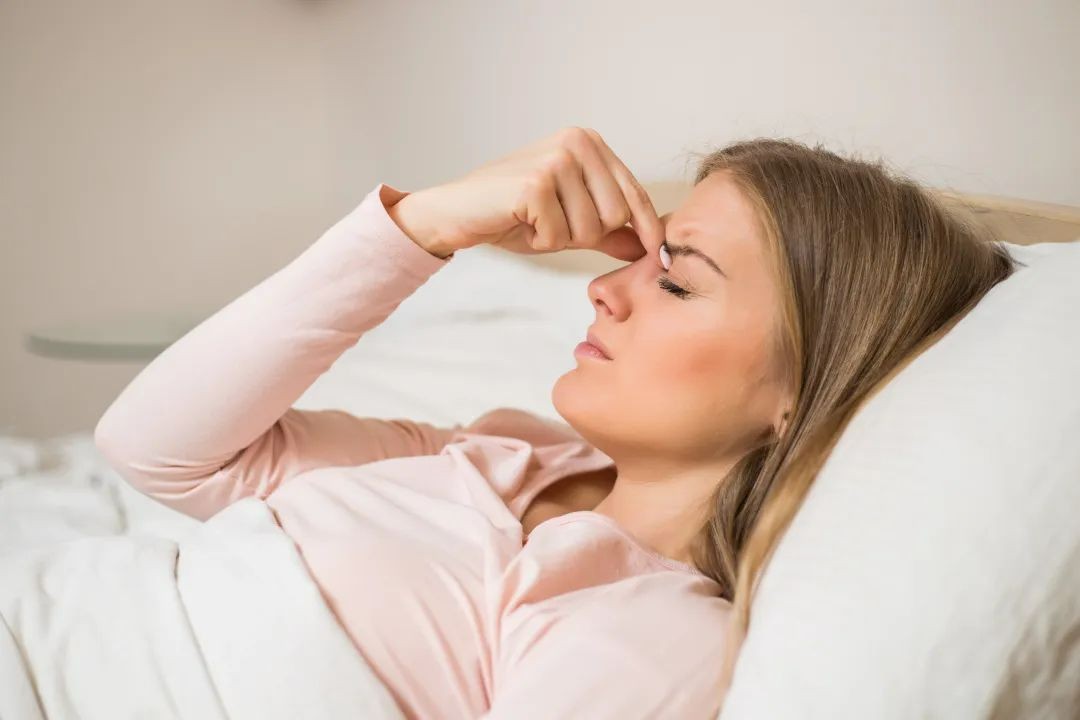Frequent sneezing doesn’t mean someone misses you—
It could be rhinitis,
Or even more severe sinusitis!
Only one word separates them,
But they’re vastly different!

Let’s clarify the distinctions
And explore the "secrets" hidden in your nose.
What Is Rhinitis?
Most commonly allergic rhinitis, triggered by allergens like pollen, pet dander, or dust mites. It causes inflammation, leading to nasal mucosal congestion, swelling, exudation, atrophy, or necrosis. Can occur at any age.
What Is Sinusitis?
Inflammation of the sinuses, usually caused by upper respiratory infections, bacterial or viral infections.
Q: Chronic nasal congestion and runny nose—rhinitis or sinusitis?
Distinguishing these similar nasal diseases can be confusing! Don’t worry—here’s how to tell them apart in four key aspects.
01
Different Causes
Rhinitis
Primarily linked to respiratory issues, often a complication of respiratory diseases.
Sinusitis
Mainly caused by bacterial/fungal infections; can exist as an independent condition.
02
Different Inflamed Areas
Rhinitis
Affects the nasal cavity, typically involving trauma/inflammation in the middle/lower nasal passages. Severe cases may progress to sinusitis.
Sinusitis
Involves inflammation of the sinus mucosa.
03
Different Symptoms
Rhinitis
Worse during allergy seasons. Mild symptoms: nasal itching, congestion, sneezing, and watery discharge. Impacts daily life and work.
Sinusitis
More severe: nasal congestion, thick white/yellow mucus (acute infections), reduced smell, headaches, facial pain, fever, and even memory decline.
04
Different Treatments
Rhinitis
Managed with nasal corticosteroids + saline irrigation. Antihistamines may be added if needed.
Sinusitis
Also treated with nasal corticosteroids + saline irrigation. Mucolytics or antibiotics may be used. Surgery (e.g., endoscopic sinus surgery) is an option for refractory cases.
Q: How to Reduce Recurrence of Rhinitis/Sinusitis?
Many underestimate these conditions, delaying treatment until they worsen.
As health awareness grows, disease prevention is becoming a priority.
■ Maintain good habits to boost immunity.
■ Avoid allergens: clean home environment, wear masks outdoors.
■ Control indoor mold (keep humidity ~50%).
■ Blow nose gently, one nostril at a time.
■ Practice nasal hygiene (regular rinsing). Seek medical help if symptoms persist.
The nose is the gateway to the respiratory tract
And a vital barrier against pathogens.
Know your nose to protect it—
Early treatment prevents lifelong nasal issues!
Don’t let nasal diseases become permanent companions!
